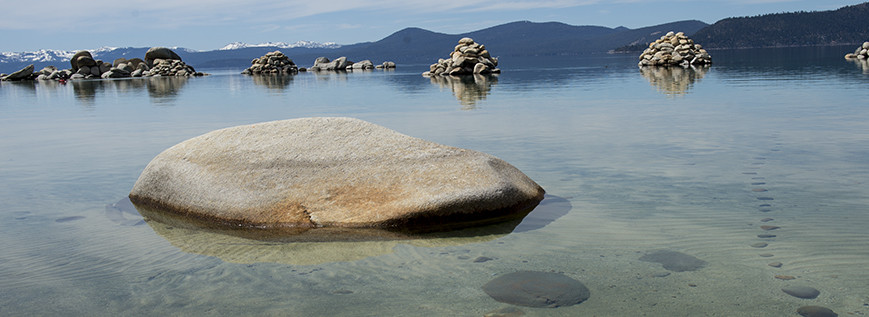
I get asked all the time: what is God's will for me?
Indeed...this can be one of the most difficult questions to successfully answer, at least in the beginning of recovery.
On the surface, it would seem, from the traditional language, that we are asking to know the will of something outside of ourselves. Something we can't understand, can't define and really have no clue about. And yet, this Something, we are told, is what guides and shapes our lives. If we let it.
It can all be very confusing.
I know for me, in the beginning of my recovery, I looked at the language: "Sought through prayer and meditation to improve my conscious contact with God as I understood him, praying only for the knowledge of his will for me and the power to carry it out." I looked at that and thought, "my god is not a him, and he isn't separate from me, and I've learned that I can pray for all sorts of stuff besides just will and power." And I took it a step further, "I'm NEVER going to be able to stay sober!" I did not have a traditional christian upbringing. I was brought up being taught New Thought principles: that god was within me, it was everywhere present. I had just hidden it's presence by the use of drugs and alcohol.
Luckily, I had a sponsor who reassured me. She asked me what I was doing every day. I said, "I go to meetings, I call you, I'm working the steps, I read that daily meditation book." She said, "honey, you are going to be just fine. Don't worry about the language."
She was so wise! What she told me, and what I heard over and over again, was that my understanding of the principles wasn't as important as my actions: I needed to simply do the work. And so I did.
Fast forward to now, 30 years into this deal I have a pretty deep understanding of the principles. Today I know that my understanding of god is still not based in the traditional language. Today I know that back then, they had no other way to talk about spirituality other than traditional religion. Today I am grateful for New Thought, that takes the traditional language and translates it into something I can understand, that bears the weight of deep spiritual truth. Today, I know that through the process of introspection (steps 4 and 5), setting things right, communication and knowing my truth (steps 8 and 9), and prayer and meditation (steps 11), I KNOW god's will for me, because I can feel it. God's will feels right, even if there is sometimes grief (for letting go of what no longer serves) involved. Not doing god's will feels forced, like a battle, and sometimes manifests as a feeling of having a basketball in my stomach.
Would I ask someone new to recovery to automatically know that god's will is within them? No. Remember that the original textbook of AA was written for newcomers. People who have been under the influence of a substance have no clue how to do an accurate introspection of themselves. They rightly do not trust themselves or their thought processes. I say rightly because that thought process has been altered by drugs and alcohol. It takes time and work to set it right. Doing the steps the first time around is really about making amends to ourselves. There is a reason the god's will thing doesn't come up until the 11th step.
Fortunately, by then, self trust has begun to return, and the concept of an inner god that we are one with can then be considered.
So, if you are uncomfortable with the concept of god's will, consider that the solution is one of two things: do the process of working the steps at a deeper level, or.....find a new god, like it encourages us to do in the 11th step.










